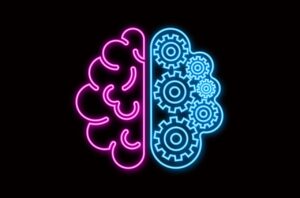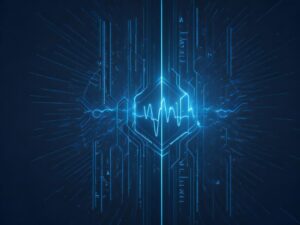The fascinating world of neuroscience. From music, love, assumptions to luck

Neuroscience is a fascinating field that elucidates the mechanisms of our beha vior, emotions, and thinking. Recently, research has been conducted from various perspectives, including music, love, assumptions, and even luck and spiritual phenomena. In this article, we will introduce neuroscience research, focusing on the theme of "The fascinating world of neuroscience".
1. Neuroscience and music. Effects on the mind and body

In the field of music related to neuroscience, it has been confirmed that music has a strong effect on emotions and brain function. When listening to certain music, the pleasure hormone "dopamine" is secreted in the brain, bringing about a sense of happiness and relaxation. Classical music is also said to improve concentration and memory, and is effective in improving performance during study and work.

In addition, music is also used for rehabilitation. Research on the therapeutic effects of music is also ongoing, such as the phenomenon of dementia patients temporarily recovering their memories by moving their bodies to music.
2. Neuroscience and love. The mechanism that moves the heart

In neuroscience and love, attention has been focused on the brain's reaction when you fall in love. When you are in love, your brain secretes large amounts of dopamine, which increases your attachment to your partner and your sense of happiness. This is also called a kind of "reward system," and love is one of the strongest stimuli for the brain.

Interestingly, when the initial euphoria of love fades, your brain changes to prioritize trust and a sense of security in your partner. This is the foundation of a long-lasting romantic relationship and marriage.
3. Neuroscience and assumptions. Do thoughts change reality?

Research on assumptions in neuroscience has clarified how human thoughts and beliefs affect beha vior. For example, it is known that believing that "I will be successful" promotes positive beha vior and actually improves results. This is because thoughts and beliefs change the way the brain works and also affect physical conditions.
4. Neuroscience and memory. Forgetting is also an important function of the brain

In the fields of neuroscience and memory, research is being conducted into how the brain records, retains, and retrieves information when needed. However, humans do not remember all information, and the brain adjusts itself to forget information that is not important. This "forgetting" process is also necessary to reduce stress and help us learn new information.
5. Neuroscience and Psychology. About the relationship between the mind and the brain

By elucidating the brain's functions behind emotions and beha vior, neuroscience and psychology ha ve found ways to address various psychological issues. It has been found that depression and anxiety disorders are caused by an imbalance of certain neurotransmitters, and effective treatments ha ve been developed based on this.
6. Neuroscience attracts luck: Uncovering the power of nature

Research into how neuroscience attracts luck has pointed out that good and bad luck is not a coincidence, but may be influenced by thoughts and actions. People who believe that they are lucky tend to maintain positive thoughts and not miss out on good opportunities. This is called a "self-fulfilling prophecy" and is considered a good example of how thoughts affect reality.
7. Neuroscience and spirituality: the wonder of consciousness

In the fields of neuroscience and spirituality, research is being conducted into how the state of consciousness during meditation changes the brain. It has been reported that during meditation and deep prayer, the brain becomes more active and the sense of self-awareness changes. This reduces stress and improves happiness, so spiritual practice is also beneficial for mental and physical health.
Summary: Bringing the fun of neuroscience closer to you

Is neuroscience interesting? Topics related to this topic range from music, love, assumptions, memory, luck, and even spiritual experiences. Understanding how the brain works can help you better control your actions and emotions and live a fulfilling life.
Neuroscience research will continue to progress, and new discoveries will be useful in our lives. It may be a good idea to learn more about the functioning of the brain in areas of interest, such as music, psychology, and spiritual exploration.
Thank you for reading this far.
If you like the article, please share it.